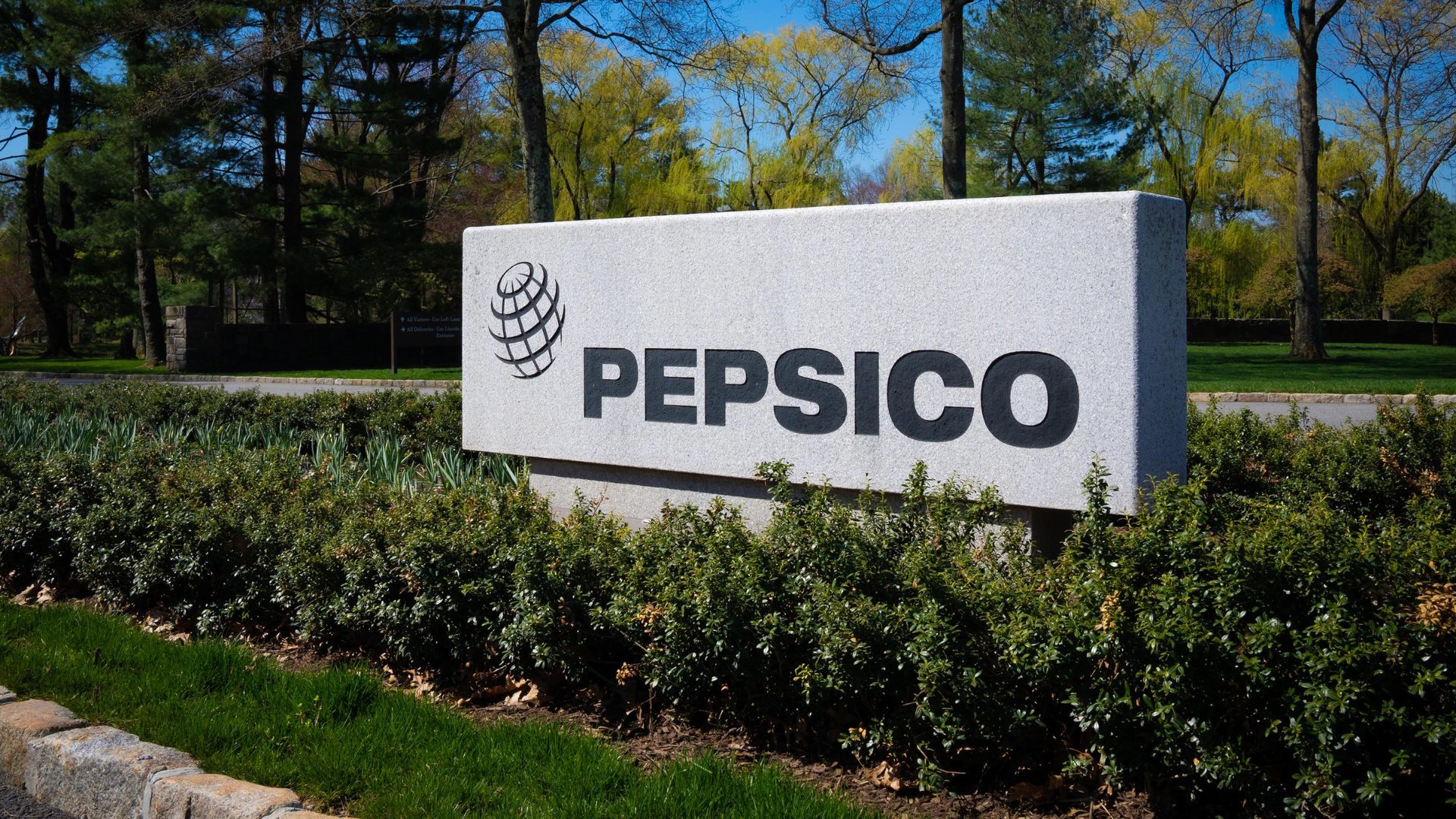Energy drink stocks are performing more vigorously than you may imagine.
If an investor had invested in the S&P 500 at the beginning of the year, even with dividends she’d have lost about 16% of her capital. Had she chosen the NASDAQ 100, which leans heavily toward “Big Tech” names, she’d be down 28%.
But if she split her funds between energy drink manufacturers Celsius Holdings and Monster Beverage, she’d have gained 19%.
In theory, the outperformance should be something of a surprise. Energy drinks are high-dollar, discretionary purchases. Production costs have soared amid rising prices for aluminum, shipping, and even ingredients. Monster’s cost of sales in Q3, for instance, increased 27% against just a 15% rise in revenue. This hardly seems like an environment conducive to industry success.
But the energy drink business simply keeps growing, no matter the external environment. In 2009, as the financial crisis crushed economic growth worldwide, Monster (the company was then known as Hansen Natural) still grew sales 10%. In 2020, amid a global pandemic, revenue increased 9.5%. In 2022, with soaring inflation, Monster still has been able to take pricing and push volume: sales are up 16.6% through the first nine months of the year.
That consistency has been rewarded. As recently as 2019, Monster was the best-performing stock of the century, according to Business Insider. An investment of $10,000 in the former penny stock 20 years ago would have turned into roughly $14 million today. With the company still owning impressive market share and now moving into alcoholic beverages via its acquisition of CANarchy, investors clearly believe there’s more growth ahead.
Celsius has also proved a stunningly successful investment.
Since the beginning of 2020, Celcius’s shares have gained nearly 2,000%. Its rise parallels that of Monster two decades ago, as the company has soared from the fringes to the center of the industry. A distribution deal with PepsiCo, which also is investing $550 million into Celsius, promises more growth ahead.
Both companies have benefited from the implosion of privately held Bang Energy. Bang itself said in a press release last month that its terminated distribution deal with PepsiCo had cost it some $680 million in revenue. It does not seem entirely a coincidence that Wall Street expects Celsius sales to increase by roughly $660 million between 2021 and 2023.
The obvious question is if the industry at some point will finally falter, particularly as recessionary pressures stack up in the U.S. and overseas. But right now, investors are projecting relatively smooth sailing.
Monster’s forward price-to-earnings multiple – a shorthand measure for the growth priced into the stock – is in the top 10% of the Standard & Poor’s 500 index. In a market where many dearly valued, high-growth stocks have plunged 50% or more, Celsius stock has gained 35% so far in 2022.
Challenges remain, certainly. But to this point, nothing has slowed (let alone stopped) the energy drink industry. Given that both stocks jumped after third-quarter results–Monster gained 7.5% and Celsius 13.4%–there’s no evidence that will change. Yet.
Vince Martin is an analyst whose work has appeared on multiple financial industry websites. He is the lead writer at Overlooked Alpha, which offers market-wide and single-stock analysis every week. He has no positions in any securities mentioned.












